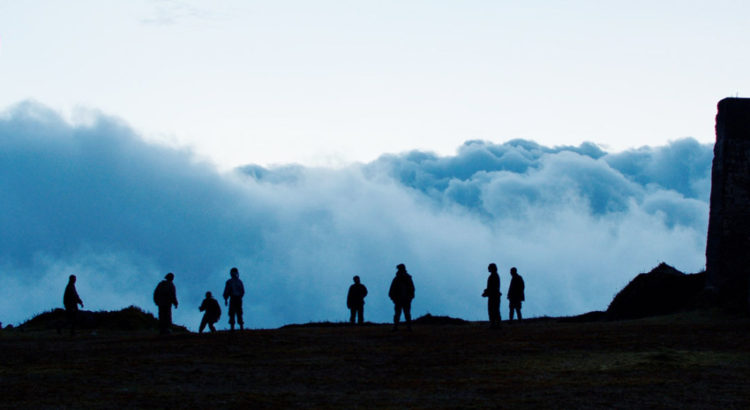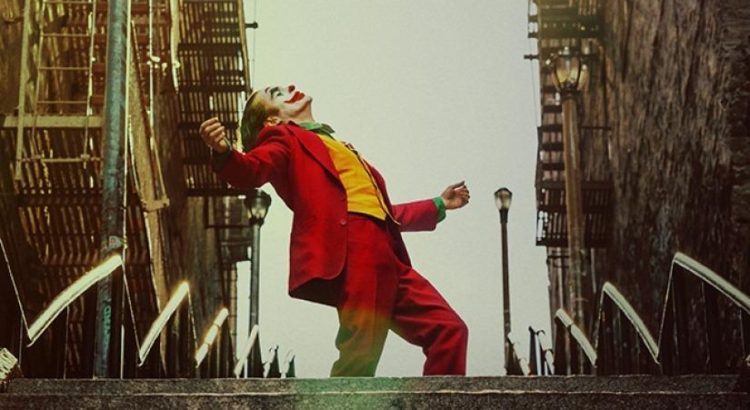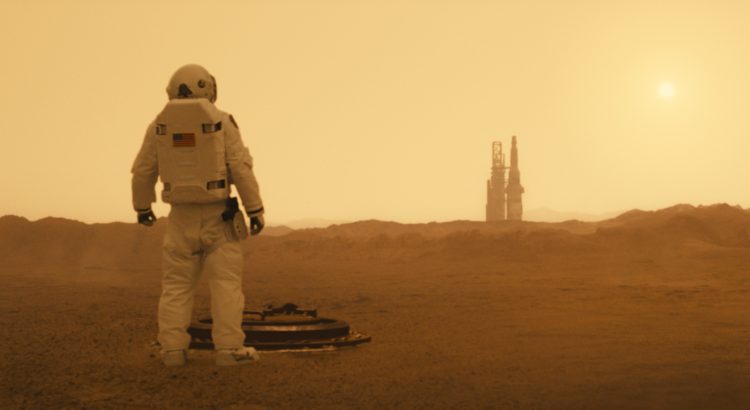It would be too easy to say that Parasite gets under your skin. That turn of phrase feels light and obvious. Parasite doesn’t just lie underneath the surface, it digs deeper. Like a crawling feeling that turns into a stabbing pain, this film begins as a superficial sensation and ends leaving an indelible impression. It shifts and transforms, becoming something else before your very eyes. Or rather, the pleasure and terror is that you don’t see the transformations occurring before they are irreversible. There is something light and obvious about Parasite. Yet, the lightness and laughter don’t detract from the film’s obvious interest in heavier topics. It is a remarkable balance that the film maintains over a spectacular two hours.

The members of the Kim family are used to precarious balances. Jobs in the city, when they can be found, barely pay the rent for their semi-subterranean apartment as it is. Prospects are scarce, especially for those who don’t have college degrees. The children of the family, Ki-woo and Ki-jeong, are reaching the prime of their lives, young-adulthood. Yet, it seems as if their lives have stalled exactly when they should be speeding up. Youth means nothing with the pressure of financial troubles relentlessly bearing down on them. Ki-taek (Song Kang-ho), the patriarch of the family, is similarly helpless in the face of these circumstances. Emblematic of this powerlessness, he can only watch from the window as drunkards pee on their very doorstep. These daily humiliations are to be endured by the poor, not overcome. For, it doesn’t seem to matter what the Kim family does. Their efforts are insignificant, weak battering at a system with an entrenched hierarchy of wealth. The Kim family are part of the ignored thousands. Part of those who live below others, forever ignored, forever treated as lesser. They become indistinguishable bodies to be crushed slowly under gleaming skyscrapers of the rich. Yet, in a most humiliating and ironic turn, the rich are absolutely dependent on those they would ignore completely. They need the masses to be their smiling housekeepers, their stoic chauffeurs. Every aspect of their lives is handled by dozens of faceless servants. It is this reliance that finally gives the Kim family an opportunity to climb out of poverty. Ki-Woo’s friend, Min-hyuk, asks him to become a tutor in the wealthy Park family household. When Ki-Woo protests that he doesn’t have the credentials for such a job, Min-hyuk with a lighthearted air, tells him to fake it. And it seems like a small enough lie for such a great reward. For, once Ki-Woo gets the first foot in the door, the rest of the family is eager and ready to follow into the cavernous Park compound.

At first, it seems as if the Parks with their obliviousness and piles of money, are the perfect marks for the Kims. While the Kims work in perfect unison to enact their plan, the Parks are dysfunctional and distant with each other. Yeon-gyo is a naïve housewife who invests all her extra time and care in her children. Da-hye is the envious older sister, jealous of all the attention her younger brother, Da-song receives from her parents. Even Dong-ik, the otherwise competent head of an IT company, pays only the required, cursory attention to his family. The Parks are a family because they are expected to be. The Kims are a family because none of them would survive on their own. Out of necessity, there is love. The interactions between the two families are the most intricate of the film. Each character is full of a brilliant inner life. Their history is expressed in action, not needless exposition. Their behaviors are consistent, as all well-rounded humans are, but that consistency doesn’t lead to boredom. Instead, the predictability is part of the delight of watching the film, seeing how familiar characters react to unfamiliar situations. Sometimes, these confrontations are hilarious. Sometimes, they become deadly serious. Director Bong Joon-ho varies these beats according to his own rhythm resulting in a film where the jolts form a sort of thrilling harmony.
Besides the inventive plot and characters, Parasite also benefits from a cohesive design. The Park mansion is beautifully filmed. Its design is all smooth concrete and glass expanses. It is in this space where the battle of the wills take place between the Kims and the Parks. For, in this space, it is impossible to ignore the differences in status and situation. Everything the Kims have ever strived for is here, in easy reach. In this space, it is easy to dream of the possible life where wealth falls into their lap as inevitably as it has fallen for the Parks. Ultimately though, this house, this life, belongs to other people. The house, then, becomes a symbol for all that is unattainable. All that should be theirs but isn’t. It is a cruel taunt in a film that never shies away from how arbitrary and unkind the world can be. Some people get deliriously lucky. And some get crushed.






/cdn.vox-cdn.com/uploads/chorus_image/image/65333602/rev_1_JOK_04413_High_Res_JPEG.0.jpeg)



